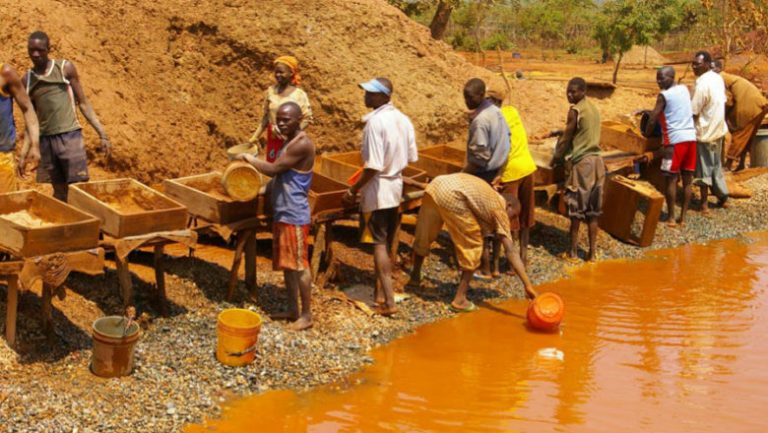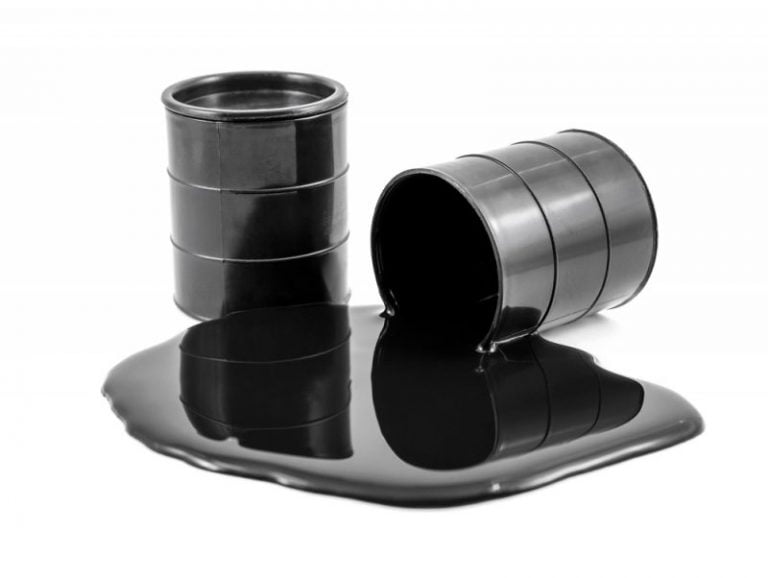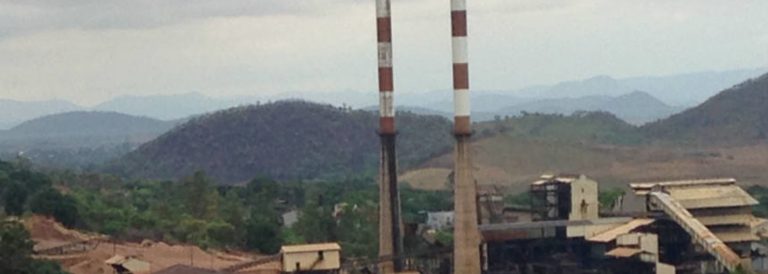How to get a gold buying permit in Zimbabwe
A gold buying permit in Zimbabwe is issued by Fidelity Printers and Refiners (FGR). To get a gold buying permit visit FGR. An interview will be scheduled and in the interview, one should be prepared to commit to gold quantities they are able to buy per month. It is a must that this target is met. Licenses are issued on a monthly basis and should the license holder not meet the monthly target the license will not be renewed.
The gold buying permit is free of charge.
For a prospective gold buyer, the criteria below must be satisfied before issuance of such a gold buying agency permit.
A survey whereby you meet people willing to sell gold to you and the following must be met:
1) Quantities one is willing to sell to you either per week/ month.
2) They must provide their ID and phone numbers.
3) They must as well countersign.
A. Non-Custom Millers or Elution Plant Owners
1. Police clearance for individual buyers and for company directors/Agents
2. Propose under the current license/ make commitment of gold quantities you can buy per month.
3. For companies, company profile and director’s names and physical addresses.
4. Passport size photo for the principal licence holder and company directors.
5. Current tax clearance certificate for companies.
B. Custom Millers and Elution Plant Owners:
a. Current licence for the custom milling plant and/or elution plant issued by the Ministry of Mines and Mining Development.
b. Current tax clearance certificate.
N.B: All custom millers are Fidelity Printers and Refiners’ gold buying agents in terms of SI 178 of 2005 section 3.
Gold delivered to Fidelity Printers and Refiners centres is paid for on the spot after carrying out a specific gravity determination of the gold content.
For more information and clarity please contact Fidelity Printers and Refiners on the details below
No. 1 George Drive, Msasa, Harare
Phone: +263 242-486670, +263 242-486694, +263 242-487131, +263 242-447810-5
Email: [email protected]












